.jpg)
What do Finland, Ireland, The Netherlands, Austria, Germany, Japan, Singapore, and South Korea have in common? All these countries rank consistently high on the Global Food Security Index. But there is one more common thread connecting them. They have leveraged Agritech for precision farming and are growing more with less. From this example, you can clearly figure out the linkage between Agritech and food security. In fact, Agritech can do more. It can smoothen the transition to Agriculture 4.0 by empowering farmers with innovative tools and data-driven insights. What’s more, Agritech can help ramp up the income of small holder farmers by empowering them with data and actionable insights. Few folks know that doubling the income of small food producers is a UN SDG 2.3 goal. Agritech can be an enabler in its fulfillment.
What makes Agritech a valued ally for farmers?
Agritech encompasses a broad range of technologies—from precision farming and smart irrigation systems to advanced biotechnologies and digital marketplaces. These technologies provide farmers with the resources they need to increase productivity, reduce waste, and gain greater control over environmental variables.
But here’s the catch. Despite the hype, technology is still underleveraged by the farmers. In a recent study by McKinsey, an intriguing disparity emerges in the adoption of Agritech solutions worldwide. While 39% of farmers globally are gearing up to integrate at least one form of technology into their agricultural practices within the next two years, a stark contrast is seen in Asia. Here, only a scant 9% of farmers currently use or have plans to utilize Agritech products. This discrepancy not only highlights regional variations in technological uptake but also points to broader socio-economic, infrastructural, and educational barriers.
Think about the Indian farm landscape- here, agriculture accounts for over 18.3 per cent of the nation’s GDP and provides employment to over 158 million individuals, the Indian agriculture industry. Or Africa which despite home to 65 per cent of the world’s uncultivated arable land, is struggling to feed its growing population.
How can Agritech help?
.jpg)
A recent report from the International Food Policy Research Institute offers a compelling glimpse into the future of farming, suggesting that data-driven agricultural techniques could bolster farm productivity by up to 67% by 2050 while also curbing agricultural and food losses. As the volume of agricultural data swells each year, encompassing diverse spatial and temporal dimensions, resolutions, and variables, it becomes a cornerstone for pioneering digital agricultural advancements.
Taking a lead in leveraging this data deluge, Microsoft, through its partnership with Project FarmBeats, has launched the Azure Data Manager for Agriculture. This innovative solution is crafted to streamline the overwhelming task of converting vast arrays of agricultural data into actionable insights that can bolster farming practices.
Further revolutionizing the field is the advent of Generative AI, particularly in agriculture. With the capability to sift through extensive datasets—including historical crop patterns, weather variations, and soil conditions—Generative AI stands on the frontier of transforming agriculture. It empowers farmers with predictive analytics for yield optimization and real-time insights to combat potential threats like pests or diseases, thus safeguarding crops more effectively and increasing agricultural efficiency.
Changing the culture of agriculture with CSM’s AgriTech suite
Though not a full-blown Agritech company, CSM Tech has developed an AgriTech suite – a consolidated stack of futuristic agriculture solutions rooted in technology and innovation. We understand that while technology is global, its application is local since weather, soil patterns and ecosystems vary considerably from nation to nation. Our solutions cater to both upstream and downstream agriculture applications.
One of the flagship solutions in our Agritech suite is the Seed Certification System. We developed this solution for Kenya Plant Health Inspectorate Service (KEPHIS). The system ensures greater operational autonomy and transparency that leads to a more inclusive approach to key stakeholders such as the seed growers, seed merchants, seed sellers. We have also developed the Soil Information System is an integrated, centralized information system that consolidates all the data starting from the survey, sample soil testing and analysis to final output generation for soil mapping and recommendation. Our AgriTech bouquet also includes an authenticated farmer registration system, a one-stop farmer registry, a unified portal for agriculture and allied services, and a seamless farmer credit portal.
Forging a Sustainable Future
In the dynamic journey of blending Agritech with modern farming, collaboration among key players—governments, private sectors, and research institutions—is essential. Together, they cultivate a landscape where the fruits of Agritech innovation flourish, ensuring no farm is left untouched by progress. This collective effort not only strengthens global food security but also cultivates a ripple effect of prosperity. Witnessing the Agritech revolution, it's evident: as farmers thrive, they become the catalysts for vibrant communities, robust economies, and climate resilient ecosystems.






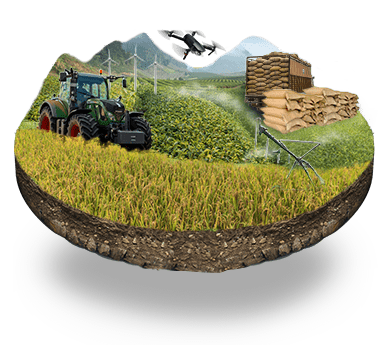








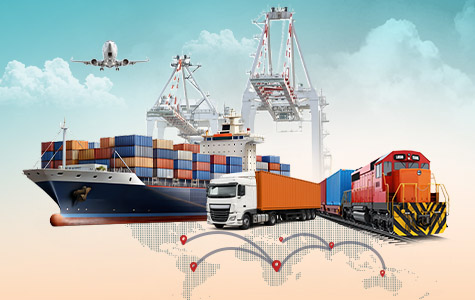

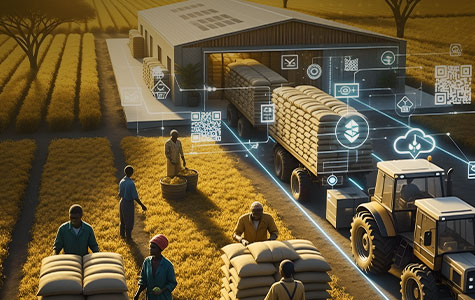




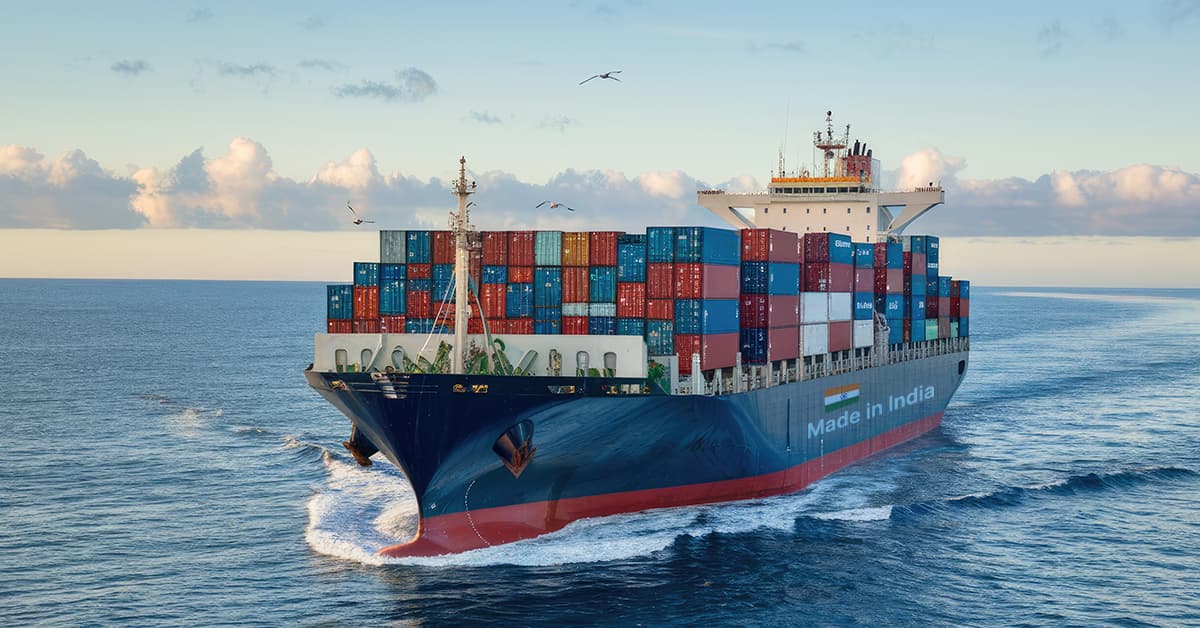
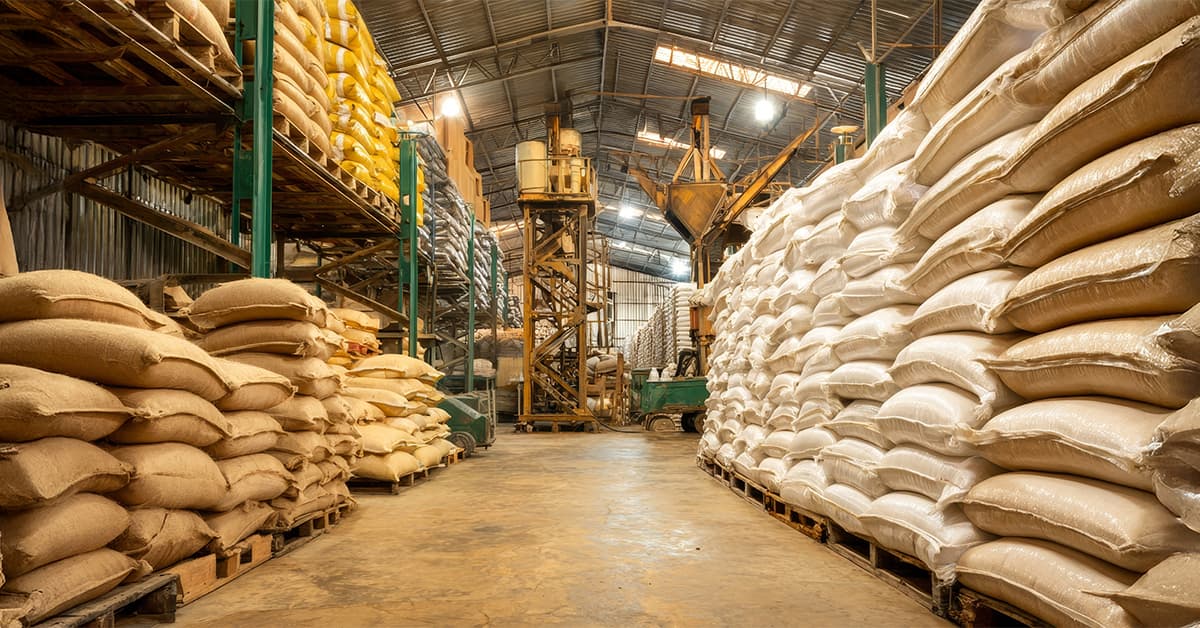


















We will verify and publish your comment soon.